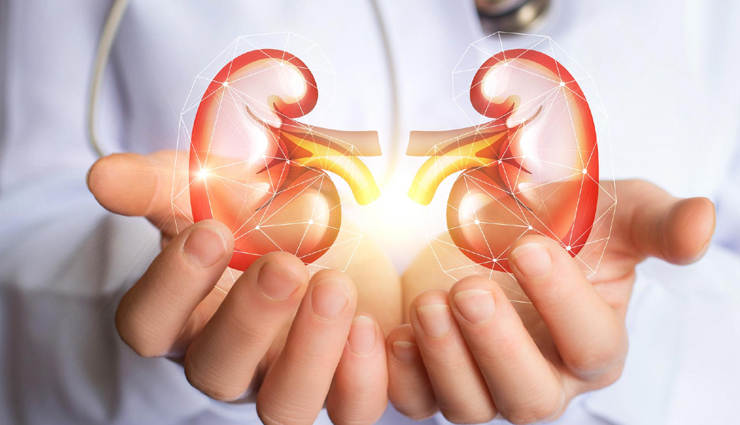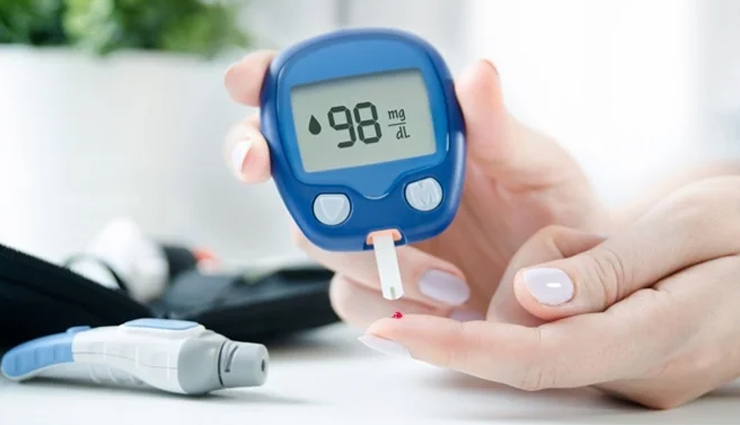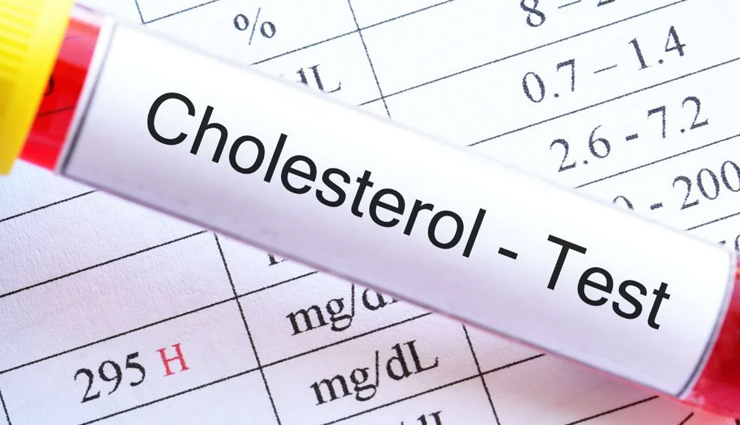- Home›
- Healthy Living›
- 10 Amazing Health Benefits Of Eating Watermelon
10 Amazing Health Benefits Of Eating Watermelon
By: Kratika Sat, 31 July 2021 6:10:09

Watermelon ( Citrullus Lanatus) is a delicious fruit of the watermelon flowering plant and belongs to the Cucurbitaceae family. It relates closely to cucumber, squash, and pumpkin, etc. Watermelon provides several health and beauty benefits due to the abundance of essential nutrients like vitamins, minerals, antioxidants, phytonutrients, and dietary fibers, etc.

# Good For Kidneys
Watermelons are good for our kidneys and help in maintaining our renal health.
Vitamin C, vitamin A, and other antioxidant compounds like flavonoids, etc in watermelon protect our kidneys from free radical damage and improve the efficiency of this vital organ.
Dietary fibers and vitamin C in watermelon remove toxins, pollutants, and other unwanted substances from our system.
By helping with detoxification, watermelon reduces the detoxification burden from the kidneys and allows them to focus on other functions they need to perform like regulating blood pressure, maintaining electrolyte balance, producing hormones, etc.

# Provide Relief From Heat Stroke
The abundance of water ( around 92 percent) in watermelon makes it beneficial for providing relief from heatstroke.
Heatstroke is a common problem experienced during summer and may cause problems like headache, high blood pressure, dehydration, nausea, and vomiting, etc.
Watermelon provides nourishment to our body, maintains electrolyte balance, and keeps us calm.

# Regulates High Blood Pressure
Potassium in watermelon is a natural vasodilator that relaxes blood vessels, improves blood circulation, and provides relief from hypertension.
Hypertension or high blood pressure is a common health problem that affects millions around the world and is a prime cause of cardiovascular and other health problems.

# Protection Against Cancer(s)
Watermelons contain several antioxidants like vitamin C, vitamin A, and other antioxidant compounds like flavonoids, carotenoids, etc.
These compounds protect our cells and tissues from free radical damage and reduce the risk of several cancers like colon cancer, abdominal cancer, pancreatic cancer, lung cancer, and, intestinal cancer, etc.
Free radicals are the unstabilized ions that stabilize by stealing electrons from neighboring molecules, and doing so causes oxidative damage to them.
Lycopene in watermelon also contributes to anti-cancer benefits as it reduces the risk of several cancers like breast cancer, colon cancer, lung cancer, and endometrial cancer, etc.

# Watermelon And Blood Sugar
Although watermelon has a high glycemic index of 72, it helps in managing diabetes because of its low glycemic load of 3.6.
Eating watermelon doesn’t put a sudden burden on the pancreas, and one can eat watermelon without having too much impact on blood glucose levels.
Potassium and magnesium in watermelon improve insulin functions and lowers blood sugar levels.
Arginine in watermelon also helps in managing diabetes as it enhances insulin’s impact on blood sugar.
Dietary fibers in watermelon reduce the rate at which sugar is absorbed by the bloodstream, and helps in managing diabetes.

# Aids Cholesterol management
Watermelon helps in managing cholesterol levels as it contains dietary fibers that reduce LDL cholesterol and reduces the risk of atherosclerosis.
Atherosclerosis is a condition in which our arteries get hardened and narrowed by the accumulation of plaque and fat deposits in the arterial walls.
It is a leading cause of cardiovascular problems like heart attack, heart stroke, and coronary artery disease.

# Improves Our Cardiovascular Health
Watermelon improves our cardiovascular health because of its rich nutritious profile.
Vitamin C, vitamin A, and other antioxidant compounds in watermelon protect our cardiovascular system from free radical damage.
Potassium in watermelon relaxes our blood pressure, improves blood circulation, and provides relief from hypertension, a leading cause of cardiovascular problems.
Carotenoids and dietary fibers in watermelon reduce LDL cholesterol and minimize the risk of atherosclerosis, a condition that hardens and narrows our arteries and leads to poor cardiovascular health.
Other nutrients like zinc, iron, magnesium and B vitamins in watermelon also improve our cardiovascular health.

# Good For Eyes
Watermelons are good for the eyes and maintain our ocular health.
Vitamin C, vitamin A, and other relevant compounds like flavonoids, and carotenoids, etc in watermelon protect our eyes from free radical damage.
It reduces the risk of age-related macular degeneration, cataract, and glaucoma, etc.
Lycopene in watermelon is a carotenoid that protects our eyes from damage.
Watermelon has an abundance of vitamin A, an essential nutrient for the eyes as it improves vision prevents dryness of eyes, and reduces the risk of night-blindness.

# Promotes Sexual Health
Arginine present in the watermelon helps in curing erectile dysfunction and stimulates chemicals that boost sex drive.
Vitamin C, vitamin A, and other antioxidant compounds in watermelon protect the sperm cells and egg cells from oxidative damage.
Watermelon contains potassium that improves blood circulation and improves penile erections.

# Promotes Weight Loss
Watermelon promotes weight loss as it has a low calorific value of 30 calories per 100 grams.
Dietary fibers in watermelon keep our stomach fulfilled for longer, and decreases our urge to eat again and again.
This controls overeating, a prime cause of obesity.
Citrulline in watermelon gets metabolized to essential amino acids and helps with weight management.
Watermelon contains “arginine” that contributes to weight management by reducing the rate at which fat gets stored by our body.





